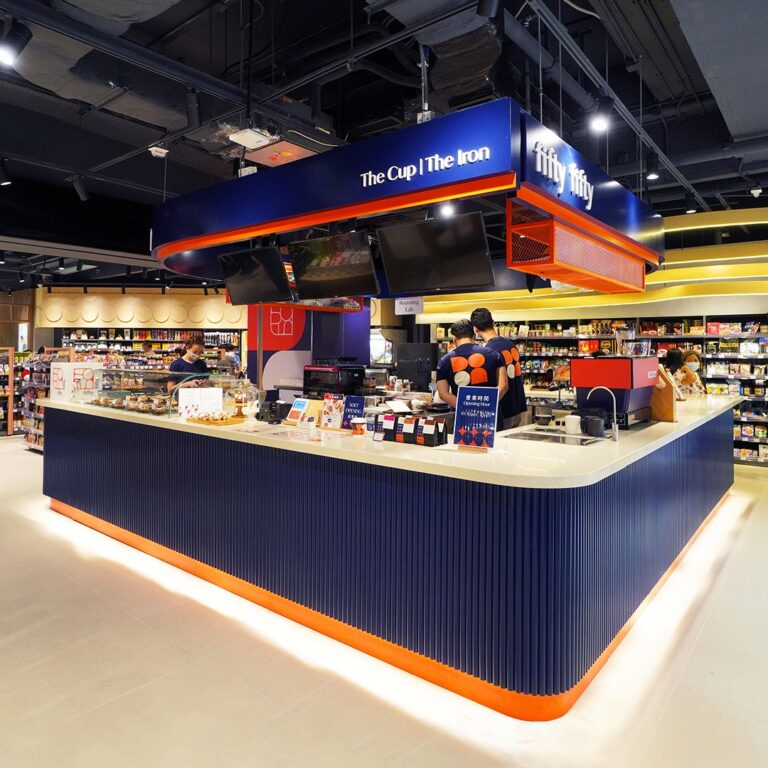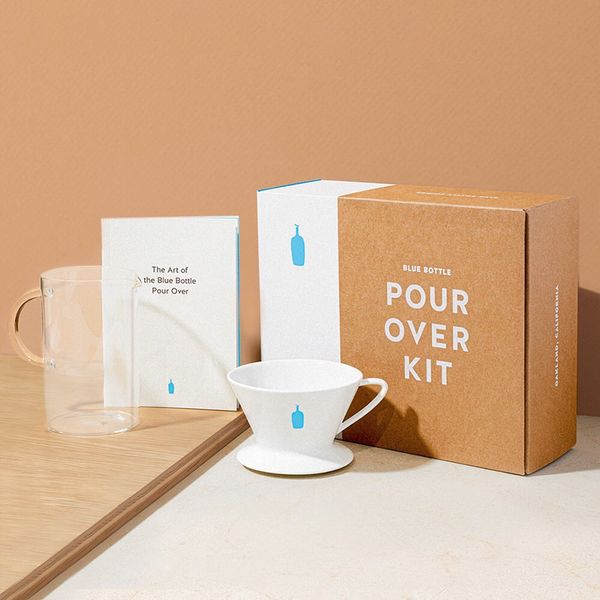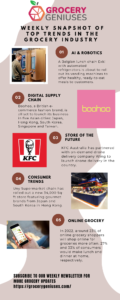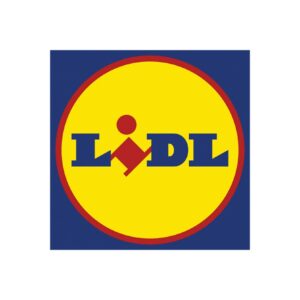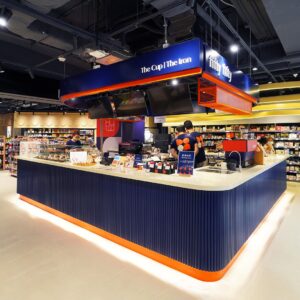
Spending on ethical products in the UK reaches £122B as government grows sustainability efforts
Ethical consumerism in the food and drink industry is on the verge of growing in the UK. Spending on ethical products has reached £122B, according to the Co-op’s 2021 Ethical Consumerism Report. Another study by Deloitte detailed that 34% of consumers are choosing brands that have environmentally sustainable practices from the past year to March 2021. Consumers seem to be the driving force behind increased ethical consumerism, and the government is expanding it through these measures: Gaining Accreditation: The Welsh government now encourages suppliers to gain accreditation certificates to ensure quality. Retailers are also making efforts to comply with the rules. Sustainability Cluster: The government has formulated nine sustainability clusters and is using the triple helix approach (combining government, industry and academia) to address the industry’s problems. To read more, visit TheGrocer










